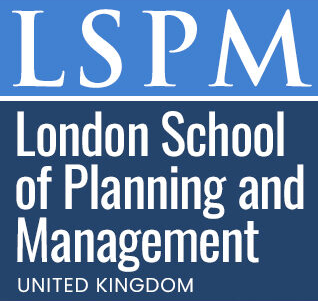Executive Certificate in Assessment in Nutrition
Published on June 28, 2025
About this Podcast
HOST: Welcome to our podcast, today we're talking with an expert in nutrition education. Can you tell us about the 'Executive Certificate in Assessment in Nutrition' course you're involved in? GUEST: Absolutely, this course empowers registered dietitians, nutritionists, and healthcare professionals with advanced skills in nutritional assessment. It covers comprehensive anthropometric measurements, biochemical data interpretation, and clinical assessment techniques. HOST: That sounds fascinating! What inspired you to contribute to this area of nutrition education? GUEST: Having worked as a registered dietitian for years, I noticed a gap in advanced nutritional assessment skills among practitioners. This course aims to bridge that gap, improving patient outcomes and boosting professionals' careers. HOST: Interesting. Are there any current industry trends or challenges that this course addresses? GUEST: Yes, with the rise in chronic diseases, there's a growing need for nutrition professionals who can accurately assess and manage nutritional status. This course equips them with the necessary skills to meet these challenges head-on. HOST: Could you share any challenges you faced while developing or teaching this course? GUEST: One challenge was ensuring that the content remained up-to-date and relevant to the ever-evolving field of nutrition. We overcame this by collaborating with industry experts and closely monitoring industry trends. HOST: Looking forward, how do you see the future of nutrition assessment and the impact of this course? GUEST: As personalized nutrition becomes more prominent, the demand for skilled nutrition professionals will only increase. This course prepares students to excel in this growing field and contribute to better patient care. HOST: Thank you for sharing your insights on the 'Executive Certificate in Assessment in Nutrition' course. It's clear that this certification can make a significant difference in healthcare professionals' careers and patient outcomes. GUEST: My pleasure. I encourage anyone interested in advancing their nutrition assessment skills to explore this program and see how it can benefit their career and the lives of their patients.
